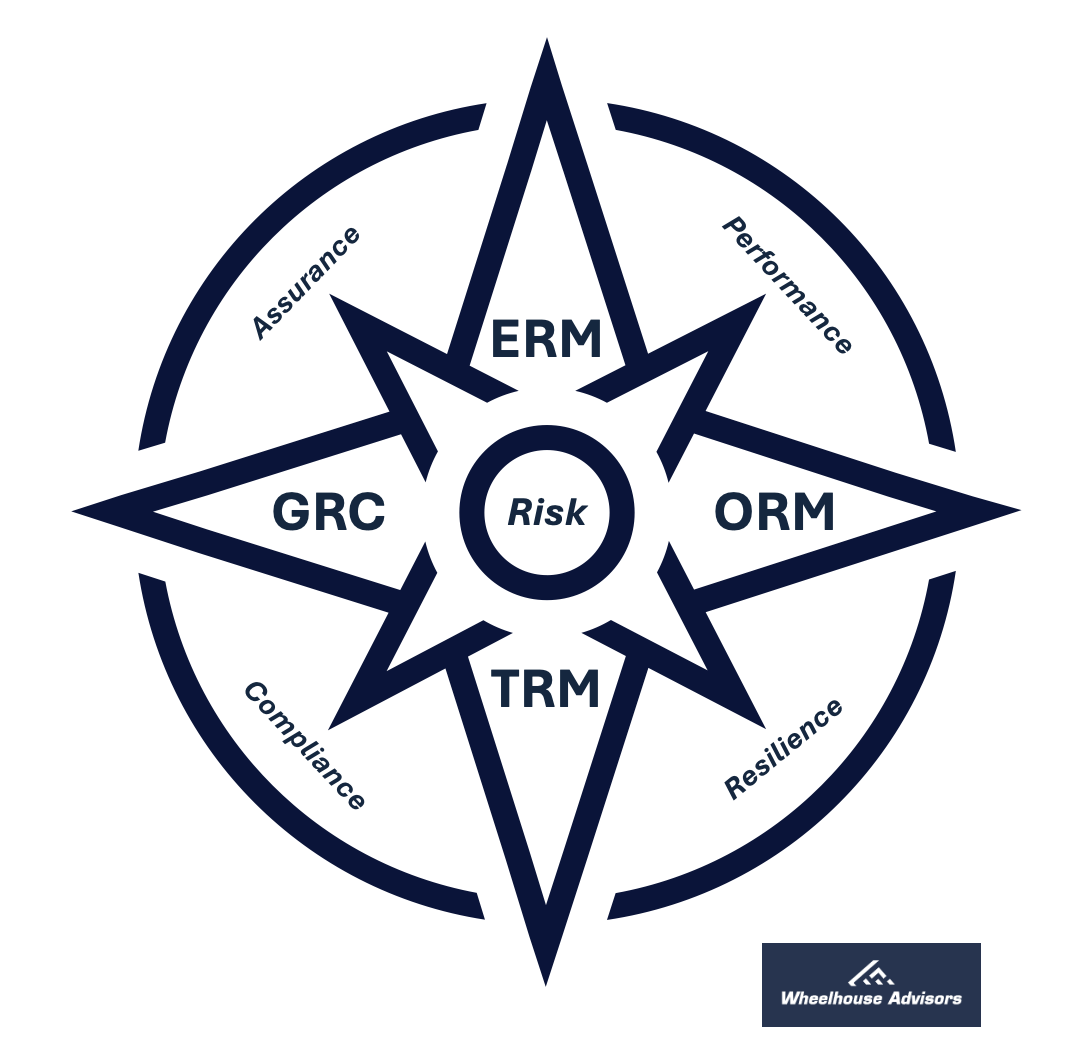Harnessing Integrated Risk Management to Navigate the Evolving Data Governance Landscape
As businesses increasingly rely on digital operations, managing risks associated with data—be it through cybersecurity threats, privacy laws, or the implications of artificial intelligence—has never been more critical. The insights from Beth George, Christine Lyon, and Pam Marcogliese of Freshfields Bruckhaus Deringer LLP underscore the expanding complexities and heightened regulatory expectations surrounding data governance. In this evolving scenario, Integrated Risk Management (IRM) offers a structured approach to ensure that boards of directors are compliant and positioning their organizations for future-proof growth.
Data is increasingly becoming a cornerstone asset for organizations, but with its rising value comes a proportional increase in regulatory scrutiny and potential threats. From the SEC's detailed rules on cybersecurity disclosures to comprehensive AI regulations looming in the EU, companies are navigating a labyrinth of obligations that span multiple jurisdictions and sectors. In this complex environment, boards must maintain vigilant oversight over the organization's data strategies and implementation.
Integrated Risk Management: A Strategic Imperative
IRM presents a holistic framework that aligns risk management processes with the organization's strategic goals. It transcends traditional silos of managing risks, offering a cohesive strategy that encompasses all aspects of risk, including those associated with data governance. The IRM Navigator™ framework by Wheelhouse Advisors plays a pivotal role here, tying together Enterprise Risk Management (ERM), Governance, Risk, and Compliance (GRC), Operational Risk Management (ORM), and Technology Risk Management (TRM) to strengthen data governance and the board's oversight role. Here are several ways IRM can address the board's growing responsibilities:
Source: IRM Navigator™ - Wheelhouse Advisors LLC
Holistic View of Regulatory and Cybersecurity Risks
Unified Risk Framework: The IRM Navigator™ integrates various risk types into a single framework. This unified approach is crucial for understanding the interdependencies between risks, such as between AI deployment and data privacy requirements.
Comprehensive Risk Assessment: Regular risk assessments under an IRM strategy enable organizations to identify and evaluate risks from emerging regulations and technological shifts, ensuring that governance strategies are proactive rather than reactive.
Enhanced Data Privacy and Security
Data-Centric Risk Management: The IRM Navigator™ focuses on data as a critical asset, integrating privacy and cybersecurity considerations into the broader risk management process. This approach helps anticipate the risks associated with data breaches or non-compliance with data protection regulations.
Incident Response and Recovery: Through IRM, organizations can develop robust incident response frameworks that outline clear roles, responsibilities, and processes for addressing data breaches swiftly and efficiently, minimizing potential damages.
Strategic Alignment with Business Goals
Board Engagement and Reporting: The IRM Navigator™ facilitates better communication channels between management and the board, ensuring the latter is well-informed about risk exposures, mitigation measures, and the impact on the company's strategic objectives.
Resource Allocation: With a clear understanding of the risk landscape, boards can make informed decisions about allocating resources to manage risks effectively, aligning risk appetite with business strategies and regulatory requirements.
Adaptability to New Technologies and Regulations
Future-Proofing Through Flexibility: As new technologies and regulations emerge, an IRM approach provides the agility to adapt policies and processes quickly. This adaptability is crucial in managing the dynamic nature of data-related risks and technological advancements.
Strengthening Stakeholder Confidence
Transparency and Trust: Effective IRM enhances transparency in managing risks and building trust among stakeholders, including investors, customers, and regulatory bodies. This trust is essential for sustaining business growth and brand reputation in a data-driven world.
Board's Role in Championing IRM
The board's role in championing IRM and the IRM Navigator™ framework is indispensable. By fostering an integrated approach to managing data-related risks, boards safeguard the organization from potential pitfalls and drive ethical data utilization that supports sustainable growth. As data continues to shape business landscapes, adopting IRM and leveraging frameworks like the IRM Navigator™ is not just a regulatory necessity but a strategic advantage that positions companies at the forefront of innovation and compliance.
Source references
George, B., Lyon, C., & Marcogliese, P. (2024). Data in the Driver’s Seat: What Boards Need to Know about Data Governance. Harvard Law School Forum on Corporate Governance. Retrieved
Wheelhouse Advisors. (2023). IRM Navigator™ Market Map Report.
Wheelhouse Advisors. (2024). IRM Navigator™ Annual Viewpoint Report.

